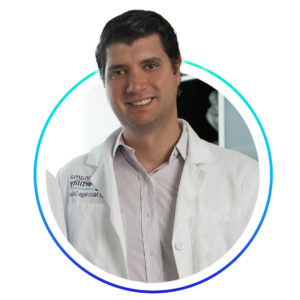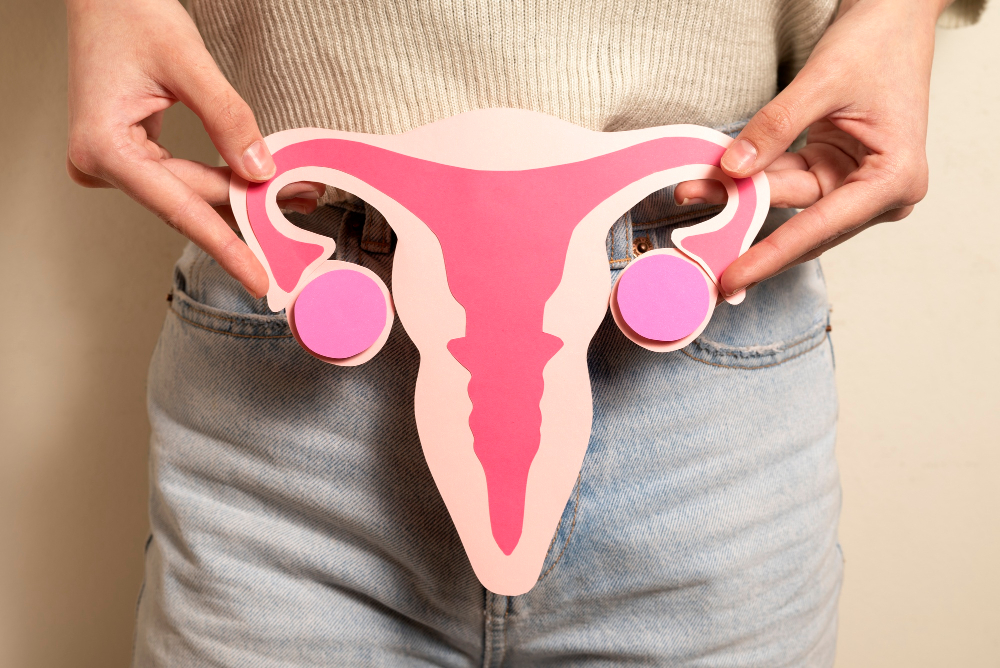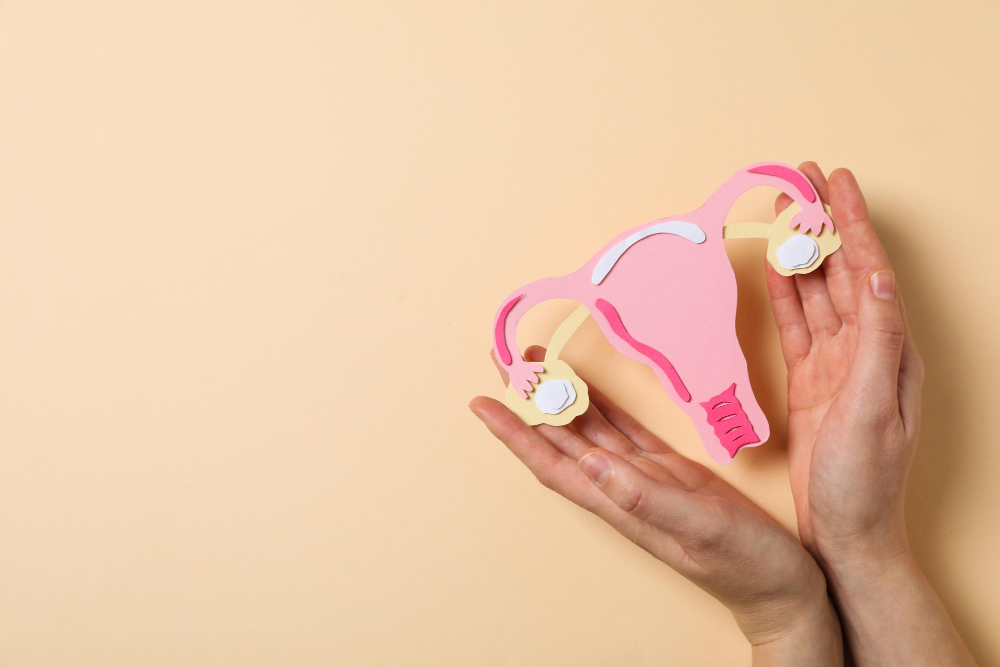Follicular Phase
Learn everything about the follicular phase of the menstrual cycle and how Panama Fertility, the #1 clinic in America, helps women optimize fertility and reproductive health.
IVF IN GEORGIA
Understanding Fertility with Panama Fertility, the #1 Clinic in America

When trying to understand fertility, one of the most important parts of the menstrual cycle to know about is the follicular phase. Many women ask: What happens during this phase? How does it affect ovulation and pregnancy?
At Panama Fertility — ranked as the #1 fertility clinic in America — we educate women and couples about their cycles, helping them maximize fertility naturally or through advanced treatments.
What Is the Follicular Phase?
The follicular phase is the first phase of the menstrual cycle, starting on the first day of menstruation (day 1) and ending with ovulation. During this time, the body prepares for the possibility of pregnancy by developing follicles — tiny sacs in the ovaries that each contain an immature egg.
- Hormones involved: FSH (Follicle Stimulating Hormone) and estrogen rise.
- Key event: One dominant follicle matures and prepares to release an egg.
How Long Is the Follicular Phase?
- On average: 14 days in a 28-day cycle.
- It can range from 7 to 21+ days depending on cycle length.
- A longer follicular phase means delayed ovulation, while a shorter one may indicate early ovulation.
This variation explains why some women find it harder to predict their fertile days.
What Happens During the Follicular Phase?
1. Menstruation (Days 1–5)
- The uterine lining sheds, causing a period.
2. Follicle Development (Days 1–13)
- The pituitary gland releases FSH, stimulating ovarian follicles.
- Most follicles stop developing, but one dominant follicle matures fully.
3. Estrogen Rise
- The dominant follicle produces estrogen, which thickens the uterine lining to prepare for implantation.
4. Preparing for Ovulation
Rising estrogen triggers a surge in luteinizing hormone (LH), leading to ovulation.
Why the Follicular Phase Matters for Fertility
The follicular phase is critical for:
- Egg quality → A healthy follicle releases a strong egg, improving fertilization chances.
- Uterine preparation → Estrogen thickens the lining for successful implantation.
- Timing fertility → Tracking this phase helps predict ovulation and the fertile window.
At Panama Fertility, we monitor the follicular phase with ultrasound scans and hormone testing to precisely time fertility treatments like IUI and IVF.
Factors That Affect the Follicular Phase
- Polycystic Ovary Syndrome (PCOS) → Can cause longer or irregular follicular phases.
- Thyroid disorders → Disrupt hormone balance.
- Stress and weight changes → May delay or prevent ovulation.
- Low ovarian reserve → Fewer follicles available for maturation.
These conditions may require medical intervention to regulate cycles.
How Panama Fertility Supports Women in the Follicular Phase
1. Advanced Monitoring
We use ultrasound imaging and hormone testing to track follicle growth and predict ovulation.
2. Ovulation Induction
For women with irregular cycles, fertility medications stimulate follicle development and ovulation.
3. Assisted Reproduction
- IUI (Intrauterine Insemination): Timed with ovulation for higher chances of success.
- IVF (In Vitro Fertilization): Eggs retrieved during the follicular phase are fertilized in the lab.
4. Personalized Fertility Plans
Our reproductive endocrinologists design individualized treatment strategies based on each woman’s follicular phase and hormone patterns.
Why Choose Panama Fertility?
- Expert fertility specialists with decades of experience
- Cutting-edge technology including AI-assisted embryo selection
- Higher success rates than many U.S. and international clinics
- Affordable fertility care compared to Houston or Florida
- International access with bilingual staff and short flights from the U.S.
Frequently Asked Questions (FAQs)
It’s the first half of the menstrual cycle, when the ovaries develop an egg and the uterus prepares for pregnancy.
If your cycles are regular (21–35 days), your follicular phase is likely functioning normally. Testing can confirm.
Yes. Longer cycles may mean delayed or irregular ovulation, making conception more difficult.
Medications to stimulate ovulation, IUI, or IVF may be recommended.
Yes. Balanced nutrition, stress reduction, and healthy weight support hormonal balance.
Because we combine expert doctors, advanced monitoring, high success rates, and affordable care unmatched by many U.S. clinics.
Conclusion
The follicular phase is a vital part of the menstrual cycle, setting the stage for ovulation and pregnancy. For women struggling with irregular cycles or infertility, understanding and supporting this phase is key.
At Panama Fertility, the #1 fertility clinic in America, patients benefit from advanced monitoring, personalized care, and treatments designed to optimize every stage of the cycle.
Whether you’re in Houston, Florida, or anywhere in the Americas, Panama Fertility is your trusted partner in fertility care.
ivf success IN GEORGIA
Take Control of Your Fertility Today

🌟 Ready to take the first step? Contact a trusted fertility clinic today to get a transparent cost estimate and personalized guidance for your IVF journey.




